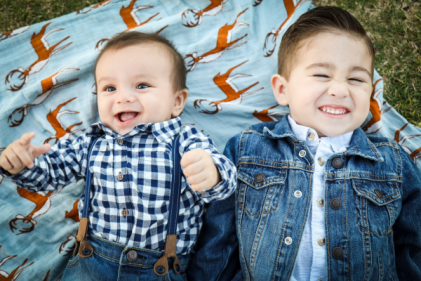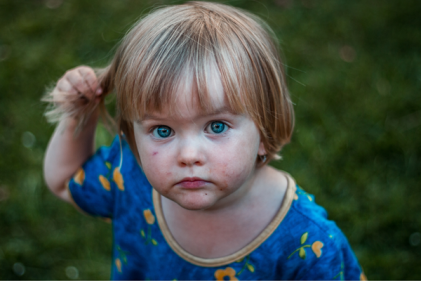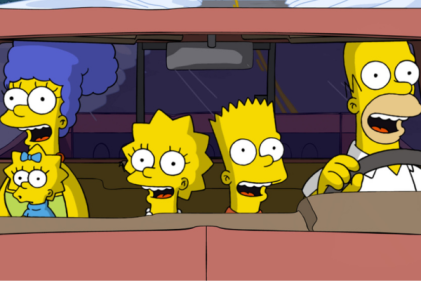“I wasn’t really running, it just looked like I was running, and that thing was broken already. It was broken before I was even born." Legendary comedian Richard Pyror once did an impression of one of his kids telling lies during his stand-up sketch, saying that it was so easy to tell when a child was lying that it made him chuckle.
However, determining whether a child is lying or not may be harder than you thought. According to new data, you can hardly tell if your child is telling the truth or not.
Research was gathered in an experiment involving 10,000 children and their parents. The test concluded that the parents could only identify their lies 47 percent of the time. The data was published on The American Psychological Association website.
Clinical psychologist Sally-Anne McCormack, who worked on the experiment, said that there are a number of reasons why parents fail to detect their kids’ lies.
"Sometimes children believe their lies, so they don't show the signs of lying and would probably even pass a lie detector test! Fantasy is part of their lives, and they really can think it's true," she wrote, on her official website.
"I also think some parents choose not to believe their children would lie. They expect their children will respect honesty, so they believe what their child says," she added.
Generally, children tell lies to avoid the consequences of their misbehaviour. “These lies are often subconscious protection strategies rather than deliberate behaviours; no one wants to get into trouble," she says.
However, you need not worry if your child is a bit of a fibber. Experts say it’s perfectly normal for little kids to lie, and they get better at it as they get older.
"It's no surprise that our kids lie. The behaviours they engage in are generally modelled from us," she said.
Doctor McCormack doesn't recommend asking your child a question you don't already know the answer to. "Make sure you already know the answer, so you can help your child answer appropriately," she advised
She recommends giving them consequences when you can tell if they are lying.
"You can explain that, if they tell you the truth, the consequence will be better than if they tell a lie," she added.
A similar experiment took place this year in Brock University, in Ontario, Canada. The trial involved eight- to 16-year-olds, and focused on whether their parents could detect their lies or not. The experiment, published in The Journal of Experimental Child Psychology, concluded that “parents held a stronger truth-bias for their own children”.
What do you think, mums? Have you caught your child telling a fib or two? Let us know in the comment section!














